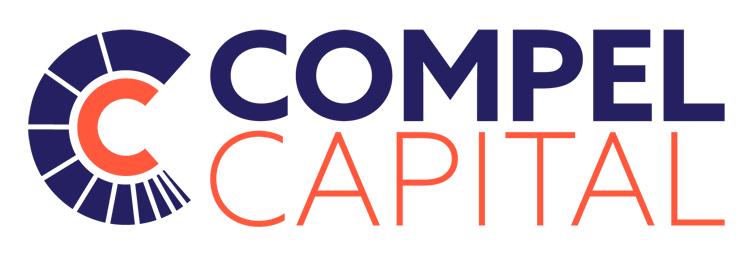Why DTI Ratio Matters and How to Calculate It
Articles for the Ambitious Real Estate Investor
Why DTI Ratio (Debt-To-Income) Matters and How Banks Calculate It
The debt-to-income ratio (DTI) is a percentage that shows how much of a person’s income is used to cover his or her recurring debts. Your debt-to-income ratio is all your monthly debt payments divided by your gross monthly income. This number is one way lenders measure your ability to manage the monthly payments. They also use it to measure your ability to repay the money you plan to borrow.
To calculate your DTI ratio, you add up all your monthly debt payments and divide them by your gross monthly income. Your gross monthly income is generally the amount of money you have earned before your taxes and other deductions are taken out.
For example, if you pay $2,000 a month for your mortgage and another $400 a month for an auto loan and $400 a month for the rest of your debts, your monthly debt payments are $2,800. If your gross monthly income is $8,000, then your debt-to-income ratio is 35% ($2,800/$8,000=.35 or 35%)
Borrowers with a higher DTI ratio are more likely to run into trouble making monthly payments. The 43% debt-to-income ratio is important because, in most cases, that is the highest ratio a borrower can have and still get a Qualified Mortgage which is a mortgage that fits certain guidelines which can be more easily resold on the secondary market to entities like Fannie Mae and Freddie Mac. These two government-sponsored enterprises buy most mortgages, which frees up capital for banks to make additional loans.
Compensating Factors for Borrowers with High Debt
This suggests that borrowers with DTI numbers above the stated limits could have a harder time qualifying for FHA loans. But that’s not always the case. There are exceptions to the official debt-to-income caps.
HUD gives mortgage lenders some leeway to approve borrowers with DTI ratios higher than the above-stated limits, as long as the lender can find and document “significant compensating factors.”
A partial list of compensating factors is presented below.
• Down payment:
HUD requires a minimum down payment of 3.5% for FHA loans. Making a down payment above the minimum could create an exception to the debt-to-income limits mentioned above.
• Payment history:
If, in the past, the applicant has successfully managed mortgage payments equal to or greater than the estimated payments on the loan they are currently seeking, he or she may still qualify for the program.
• Savings and Cash Reserves:
HUD also allows FHA debt-to-income exceptions for borrowers who have substantial savings and have limited their use of credit could work in borrowers favor, even if their DTI ratio is high.
• Good credit:
Borrowers with excellent credit scores have a better chance of getting approved for a government-insured home loan, even if their debt exceeds the minimum HUD guidelines.
Overall, it is important to keep tabs on your monthly spending so you can become a homeowner. Most people focus only on boosting their credit score. It is important to have a budget and track your spending, so you know exactly what is coming in and going out.
Have Questions?
If you have questions about this article you can connect with Randy here.

Author: Randy Rodenhouse
Subscribe to our learning center to receive inspiring renovation news, housing trends, real estate investing strategies, and financing information delivered straight to your inbox
